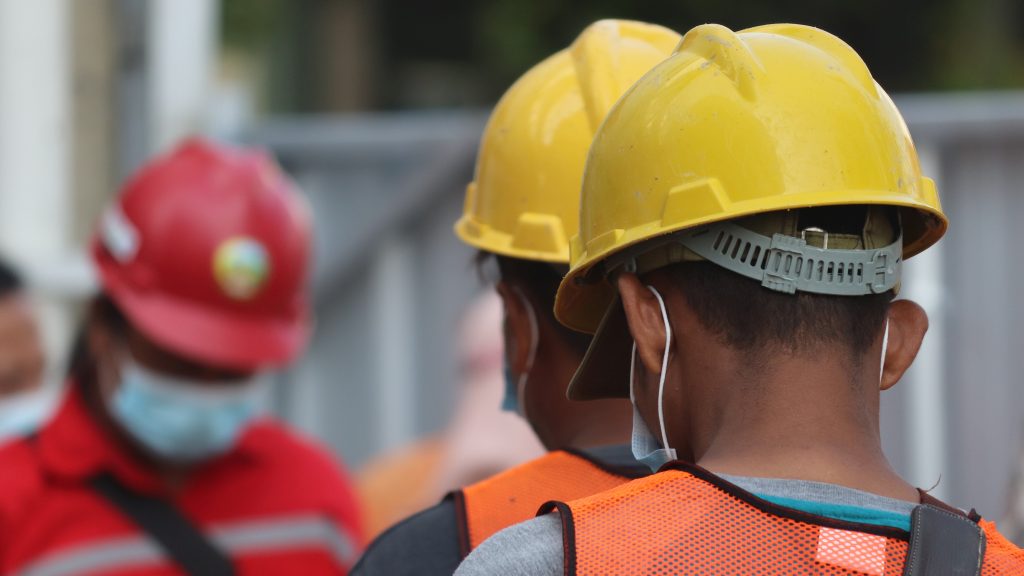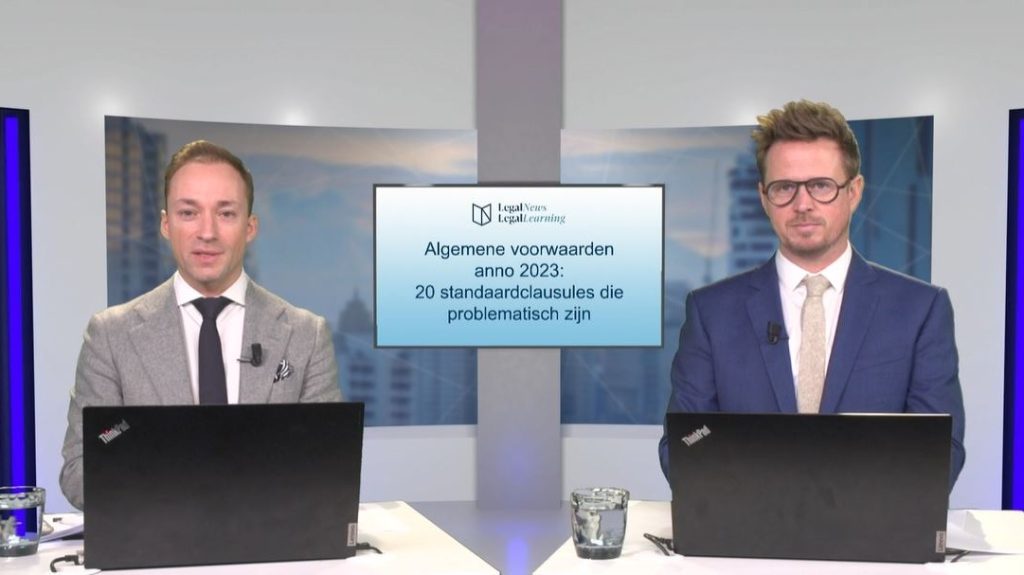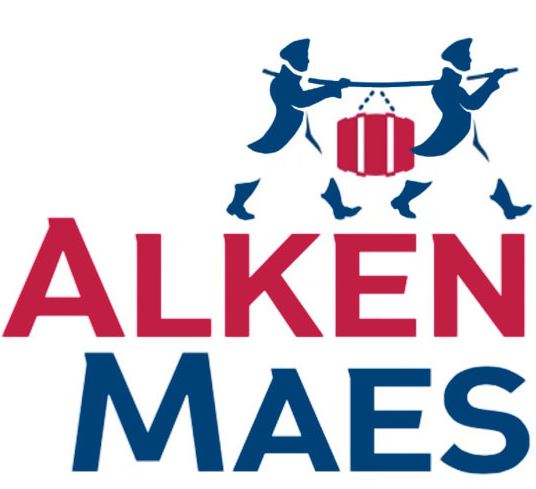Het nieuwe Boek 6:
de impact op de werkvloer
Mr. Chris Persyn (Cautius)
Webinar op donderdag 4 juli 2024
Vereffening-verdeling van nalatenschappen:
16 probleemstellingen
Mr. Nathalie Labeeuw (Cazimir)
Webinar op vrijdag 26 april 2024
Ondernemingsstrafrecht:
wat wijzigt er door boek I en boek II van het Strafwetboek?
Mr. Stijn De Meulenaer (Everest)
Webinar op dinsdag 11 juni 2024
Recente wetgevende ontwikkelingen
met impact op de bouwsector
Prof. dr. Kristof Uytterhoeven (Caluwaerts Uytterhoeven)
Webinar op dinsdag 27 augustus 2024
Tewerkstelling van buitenlandse werknemers:
nakende ingrijpende wijzigingen
Mr. Sophie Maes en mr. Simon Albers (Claeys & Engels)
Webinar op donderdag 25 april 2024
Aandachtspunten bij het opstellen
en analyseren van ICT-contracten
Mr. Lynn Pype en mr. Liesa Boghaert (Timelex)
Webinar op donderdag 16 mei 2024
The Belgian Government unveils its plan for a Brussels International Business Court (Linklaters)
Authors: Françoise Lefèvre, Guillaume Croisant, Stefaan Loosveld and Xavier Taton (Linklaters)
Date of publication: 18/05/2018
On 27 October 2017, the Belgian Government announced its intention to set up a specialised English-speaking court with jurisdiction over international commercial disputes, the Brussels International Business Court (BIBC). A draft bill was submitted to Parliament on the 15 May 2018. The BIBC should be effective by 1 January 2020.
Background
In the wake of Brexit, the Belgian Government aims at establishing a specialised business court able to position Brussels as a new hub for international commercial disputes, in line with its international status as de facto capital of the EU and seat of many international institutions and companies.
Jurisdiction
The BIBC will have jurisdiction over disputes:
- which are international in nature (i.e. where (i) the parties have their establishment in different jurisdictions, (ii) a substantial part of the commercial relationship must be performed in a third country, or (iii) the applicable law to the dispute is a foreign law. In addition, another language than French, Dutch or German must have been used frequently by the parties during their commercial relationship);
- among enterprises (i.e. every entity pursuing an economic purpose, including public enterprises which provide goods and services on a market basis); and
- provided that the parties have agreed to the BIBC’s jurisdiction before or after the crystallisation of their dispute.
Procedure
Subject to potential amendments in Parliament, the main procedural hallmarks of the BIBC can be summarised as follows:
- the procedure will be conducted in English;
- while the BIBC remains a State court, the procedure will be based on the UNCITRAL Model Law on international arbitration, which means that the parties will be offered greater flexibility and room to organise the conduct of the proceedings;
- the cases will be heard by chambers of three judges, one professional and two lay judges (appointed by the president of the BIBC on the basis of a panel of Belgian and international experts in international business law), with the assistance of the Registrar of the Brussels Court of Appeal;
- the BIBC will be granted the power to issue provisional and protective measures(including upon ex parte requests);
- no appeal will be open against the BIBC’s decision (with the exception of an opposition/verzet and a tierce opposition/derdenverzet before the BIBC, and a pourvoi en cassation/voorziening in cassatie on points of law before the Supreme Court);
- the BIBC should be self-financing (the court fees are therefore going to be significantly increased).
» Bekijk alle artikels: Geschillen & Procedure



















